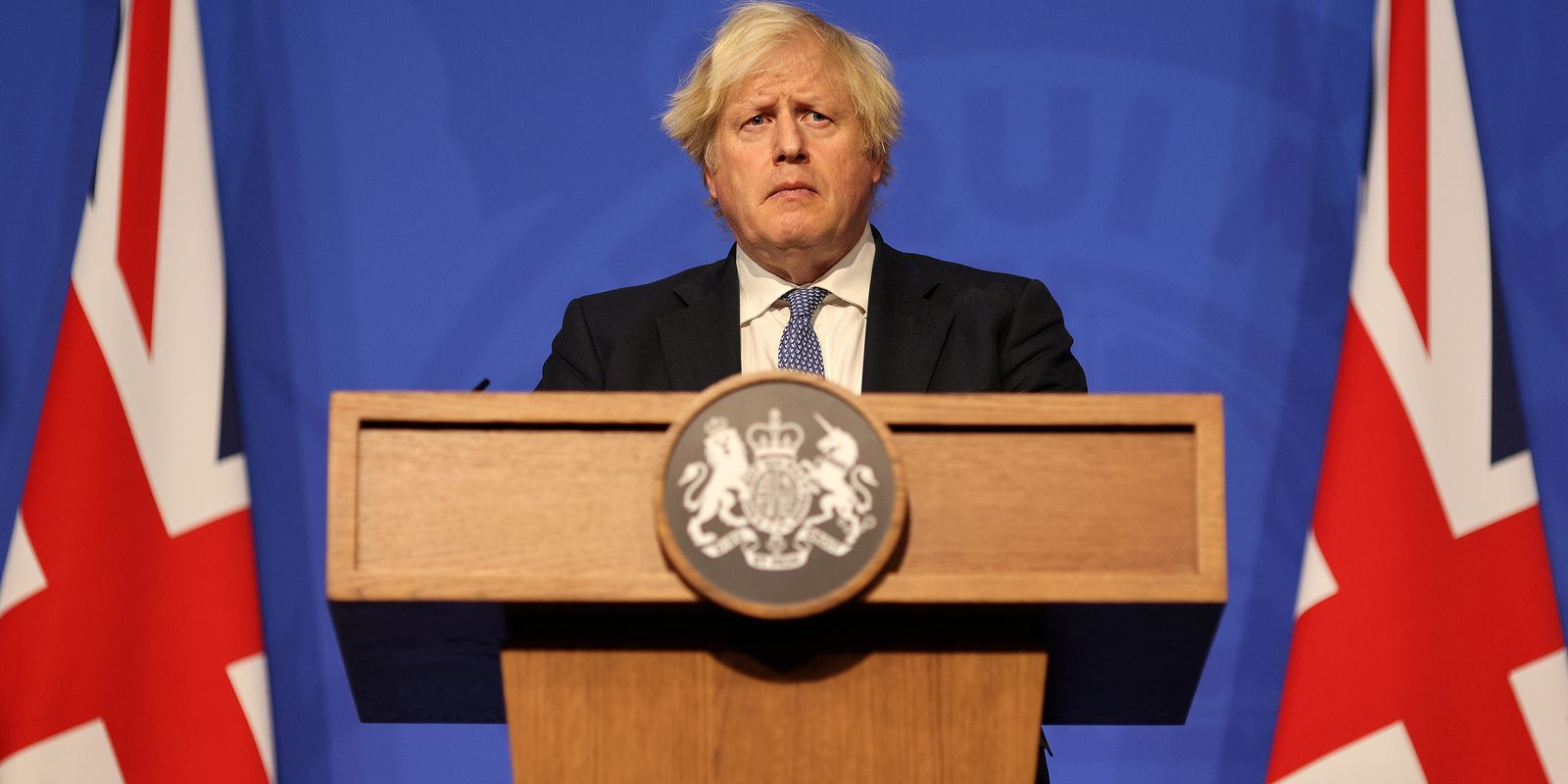“Adespite the fact that the concept can generate doubts and even suspicions, what is certain is that the basis of a feminist foreign policy has nothing strange about it, it is the conviction of achieving a more egalitarian, which recognizes and promotes the rights of women and girls and well represents today’s societies,” said the Minister.
The PEF emphasizes gender equality, marked as “a democratic value and a principle that strengthens the image, status and recognition of the country”, according to the ministry.
The initiative aims to position gender equality as a transformative element, both on Chile’s borders and in its international relations, for feminist cooperation.
“This policy is participatory, inclusive, as it seeks to benefit all, transversal and intersectional, recognizing that inequalities are not only structures, but are also shaped by the interweaving of different factors,” added Van Klaveren.
The new policy seeks to move forward internally, where the importance of women’s participation in decision-making has been emphasized, and also, from an external perspective, where coordinated action is promoted with “defined objectives and quantifiable results “.
The Minister considered that “we are faced with a task that challenges everyone because it is known that inequality between the sexes strongly limits the potential for growth and development of societies”.
In March 2022, Chilean President Gabriel Boric announced the development of this policy to establish the principle of equity and non-discrimination as the axis of Chilean political practice.
In 2014, Sweden was the first state to introduce this feminist foreign policy, followed three years later by Canada. Later, in 2019, France followed, and in 2021, Luxembourg, Mexico and Spain.
Read also: Chile sentences former Pinochet agent who accumulates more than a thousand years in prison

“Freelance communicator. Hardcore web practitioner. Entrepreneur. Total student. Beer ninja.”








